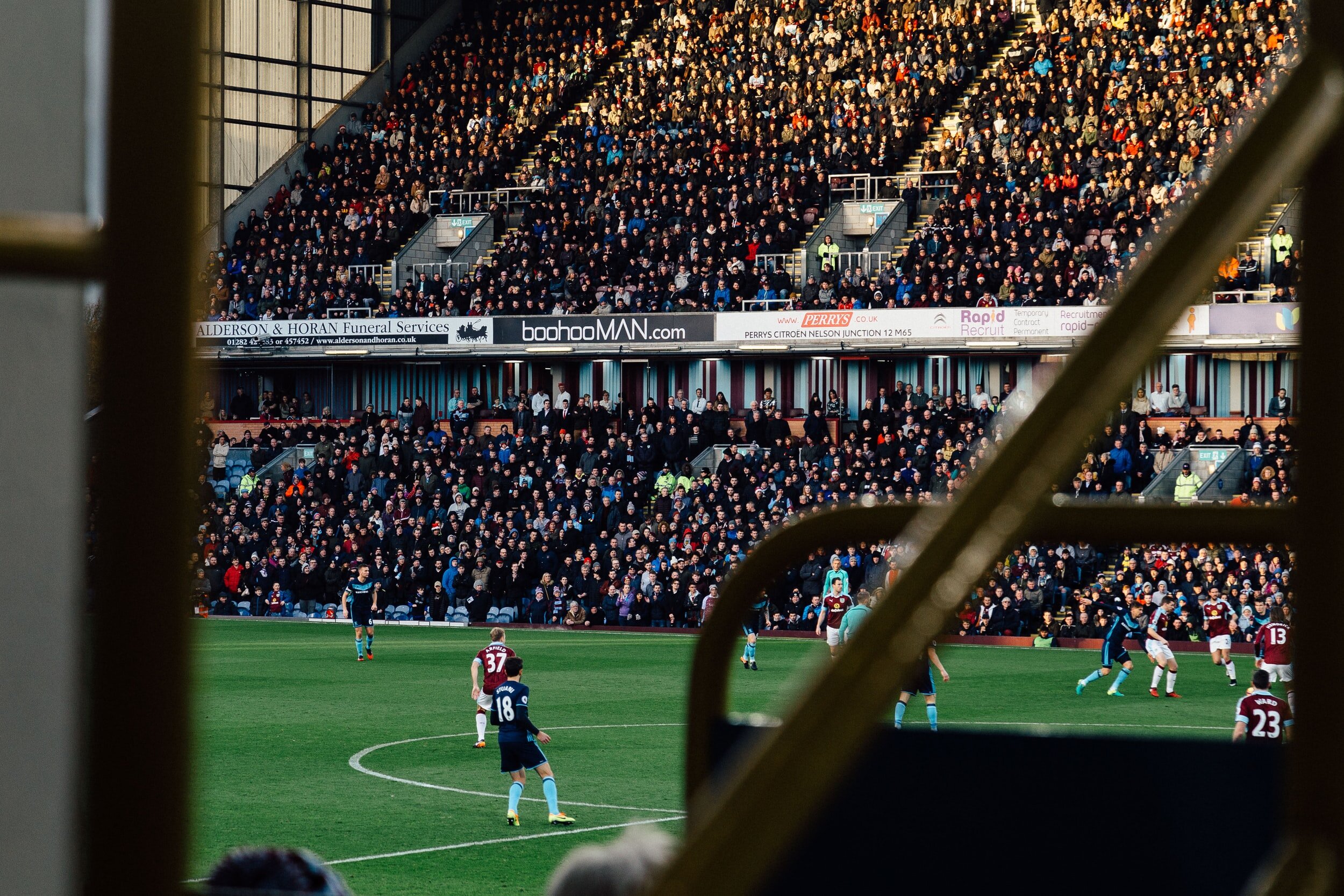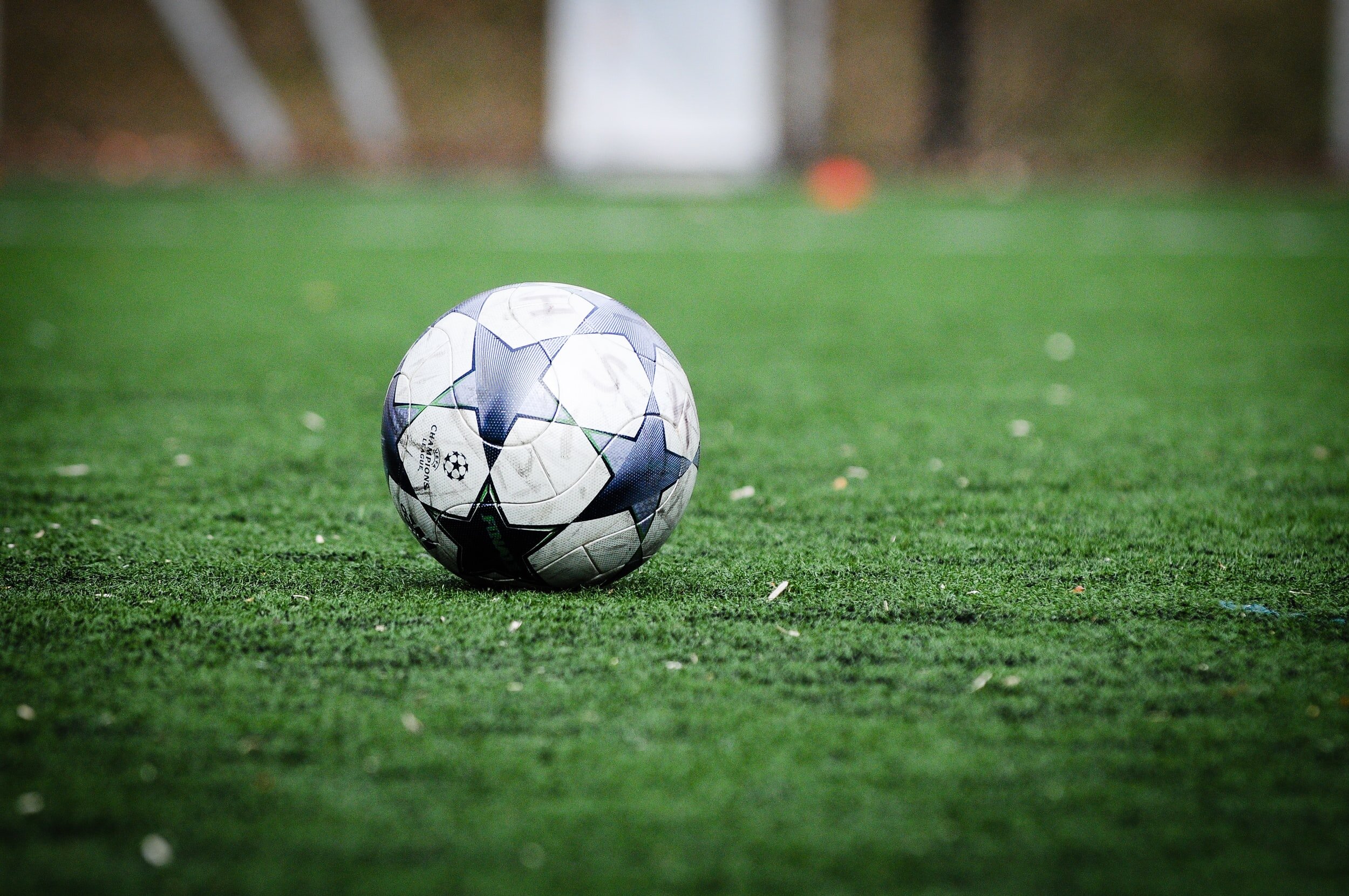
Latest News
Check out new updates
CAS confirms FIFA's life ban imposed on Keramuddin Karim
The life ban issued by FIFA on former President of the Afghanistan Football Federation (AFF), Keramuddin Karim, was confirmed by CAS. The CAS Panel dismissed Karim's appeal and confirmed the decision issued by the Adjudicatory Chamber of the FIFA Ethics Committee that concluded Karim was guilty of breaching art. 23, Protection of physical and mental integrity, and art. 25, abuse of position, of the FIFA Code of Ethics.
CAS lifted Champions League ban on Manchester City
The Court of Arbitration for Sport (CAS) has confirmed that UEFA's decision to ban Manchester City from the next two UEFA Champions League competition has been lifted.
The Court of Arbitration for Sport (CAS) - the role of the arbitrator
The Court of Arbitration for Sport (CAS) offers resolution of sports-related disputes through arbitration. This article describes the role of the arbitrator in cases dealt with by CAS, the procedures that the parties will need to be aware of, including the parties’ possibility to choose arbitrators from the CAS list of arbitrators.
The FIFA guidelines on Covid-19
The outbreak of Covid-19/the coronavirus has forced the vast majority of the world’s football organisations and associations to suspend football activities to one extent or another. At present, all international competitions and most domestic competitions are suspended, whilst most countries have applied strict restrictions to avoid crowds, which strongly affect the possibility to organise team trainings. As a result of the challenges football faces due to Covid-19/the coronavirus, 7th April FIFA issued guidelines that address the legal consequences of Covid-19. This article will examine the guidelines regarding the contractual relationship between clubs and players, more specifically to what extent the guidelines can and will affect the clubs’ and players’ rights and obligations according to the player contracts.
Covid-19: Football clubs’ possibility to unilaterally reduce salary salary
Reduction to a player’s salaries without the player’s consent, will constitute a violation of the contract but not necessarily a violation which entitles the player to terminate the contract. Although amendments to FIFA’s transfer regulations in 2018 suggest that a player will not have just cause for termination before the payment is two months late, there could be circumstances in each case that could justify early termination. Terminating a contract without just cause could have severe consequences for the player, as he will liable to pay compensation to the club and risk sporting sanctions. If the player has just cause for the termination, the club will be liable to pay compensation to the player, and risk sporting sanctions.
Training compensation and solidarity mechanism
The most visible immediate effect of the Bosman ruling was that clubs lost their power over players whose contracts had expired, leaving these players free to conclude new contracts with other clubs. FIFA’s solution to this problem was to issue provisions that secured clubs compensation for training players that eventually become good enough to secure professional contracts. Training clubs were given two methods of securing compensation for training players; training compensation and solidarity mechanism
Third Party Ownership
Until FIFA banned third party ownership of player’s economic rights (TPO) in December 2014, TPO was a common financial model primarily used by clubs that had limited financial muscles compared to more wealthy clubs, and therefore needed to rely on external investors in order to compete with the wealthy clubs in the transfer market. A typical TPO agreement involved an investor that would provide a football club with money, either in connection with a transfer or when the club was generally in short of money, in return for owning a percentage of a particular player’s future transfer value.
History of FIFA transfer regulations
In January 2019, FIFA released a global transfer market report that revealed, inter alia, that the total spending on international transfers in 2018 reached a new high of USD 7.03 billion, 10.3% more than in 2017. A new record was set with 16,533 international transfers, 5.6 % more than in 2017, involving 14,186 players of 175 different nationalities. The highest transfer fee paid was the transfer of Neymar from FC Barcelona to PSG, priced at USD 263 million.
If comparing these figures with football transfers historically, the level of transfer fees being paid for players has been exploding in recent years. In 1995, in comparison, only USD 403 million were spent on 5700 international transfers.
Norwegian football and media rights
The value of football media rights in Norway has seen a formidable growth in recent years. In 2016, Discovery Networks acquired media rights to matches in the two top divisions for men for the years 2017 to 2022, for NOK 2.4 billion , i.e. NOK 400 million per year. By comparison, the equivalent amount was NOK 1.6 billion five years earlier , corresponding to NOK 320 million per year. In 1997, the fee for media rights to national football matches amounted to just under NOK 15 million. The growth in the value of media rights has actualized the question of who owns the media rights to football matches.
Protection of minors – the Chelsea case
In February 2019 FIFA’s Disciplinary Committee sanctioned Chelsea FC and The FA for breaching provisions concerning protection of minorsJurisprudence from FIFA Disciplinary Committee, Appeals Committee and Court of Arbitration for Sport (CAS) show that a strict approach has been applied, and that violations of the protection of minors provisions are sanctioned severely. As Chelsea has appealed the decision to CAS, it is interesting to examine how CAS has dealt with similar violations of the provisions.
From football agents to intermediaries
In 2014, FIFA's Congress made a decision that the then agency regulations should be repealed, and replaced with a new regulation with effect from 1 April 2015. In a historical perspective, agents have played an increasingly central role in recent years in connection with agreements concluded between players and clubs. The first FIFA agent regulations came into force in 1991 and were later amended several times. A major revision of the regulations was carried out in 2000/2001, where FIFA introduced national licensing schemes, requirements for liability insurance and requirements for the completion of a written examination.
Sports arbitration: The Court of Arbitration for Sport (CAS)
The Court of Arbitration for Sport (CAS) has the competence to settle sport-related disputes. CAS was created by The International Olympic Committee (IOC) in 1983 and is located in Lausanne, Switzerland. CAS also has branch offices in New York and Sydney, and at major sports events, such as the Olympic Games, the football World Cup and the European Football Championships, ad hoc offices are created to deal with violations of regulations in the current sports event.
Disciplinary procedures in Norwegian and international football
Nationally and internationally, sport is given a high degree of autonomy. As long as sport operates within a certain set of frames, the sport itself can decide which rules should apply in the field of sport and establish bodies that deal with violations and disputes within of the frame of sports. In Norway, the framework for sports regulations is set out in The Norwegian Confederations of Sports’ (NIF) statutes, which are binding for Norwegian sports associations and Norwegian sports clubs.
Dispute resolution and sports arbitration
Nationally and internationally, sport has been given a high degree of autonomy. As long as the sport operates within a certain set of frames, the sport itself can decide which rules should apply in the field of sport and establish bodies that deal with violations of sports regulations and sports-related disputes. Sports-related disputes arising from a contract, e.g. related to player contracts, sponsorship contracts or media rights, may be processed by the various arbitration tribunals of the sport in question.















